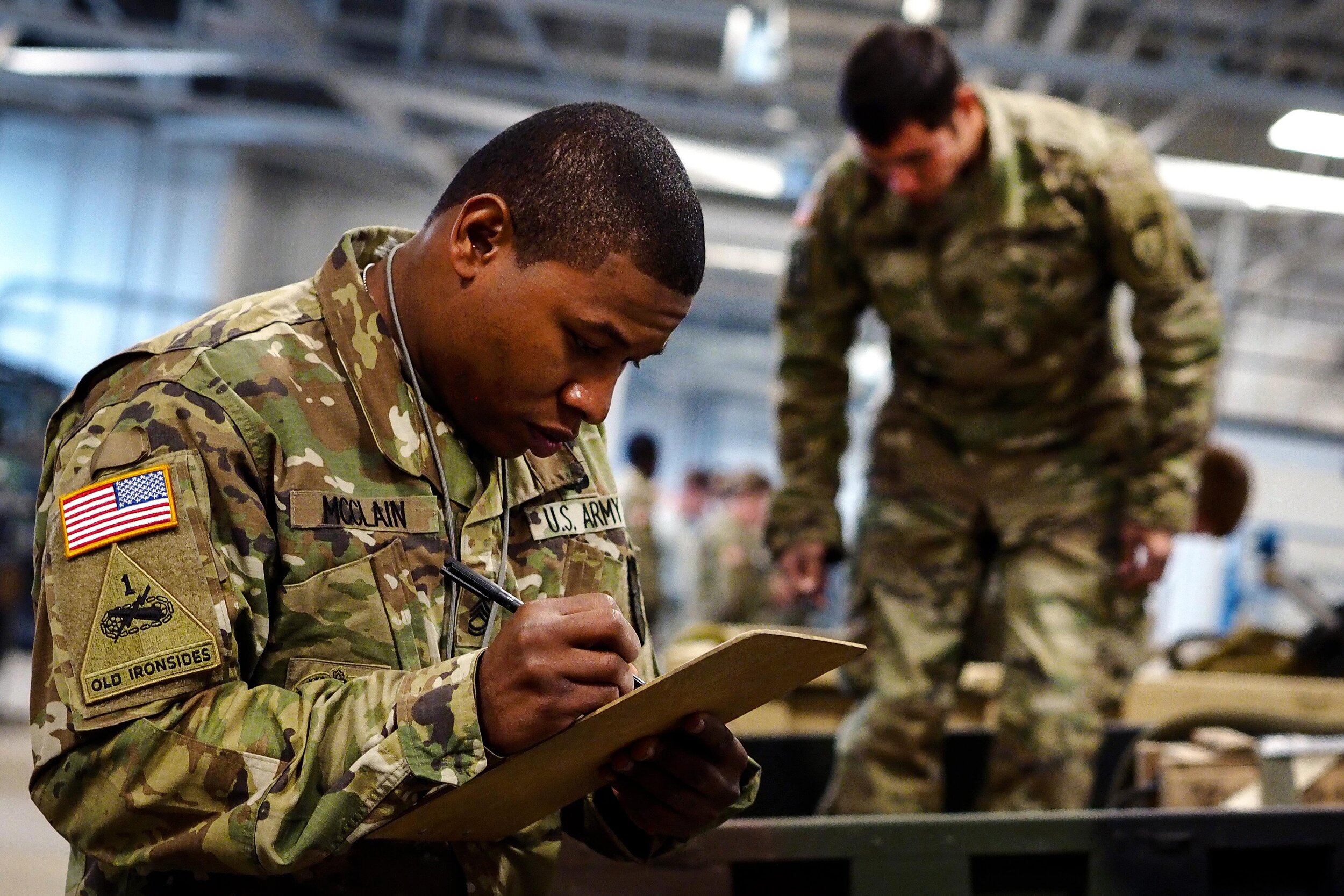
Frequently asked questions
Will ROTC prevent me from being a normal college student?
ROTC will not get in the way of other activities on campus-in fact, it will help you excel in all other areas of college. The concentration, self confidence and discipline you’ll develop in ROTC will help you with your studies and any other extracurricular activities, from sports to clubs. You can use your ROTC training wherever you go, ready to face any challenges.
Is ROTC like "boot camp"?
No. ROTC cadets go directly to college where they earn their degree while training to commission as Army Officers.
Is there a military obligation during college and can I be deployed during college?
During the first two years, ROTC cadets have no military obligation (or the first year in the case of four year national scholarship winners). ROTC cadets cannot be deployed and do not serve on active duty while in ROTC nor in the reserves or national guard (unless a member of the Simultaneous Membership Program or SMP).
What kinds of scholarships are available?
There are four main types of scholarships. The first is the traditional ROTC scholarship that is applied for and assigned during an applicant’s senior year of high school. This can either be a three or four-year scholarship. The second scholarship is the Minuteman Scholarship, which is a four year scholarship for cadets in the SMP program and guarantees cadets a place in the national guard or reserves upon graduation. The third scholarship is the Green to Gold option for prior enlisted soldiers seeking to attend college and become an officer. This scholarship covers four years as well. Finally, the campus scholarship allows students who join ROTC during college the ability to earn a one-three year scholarship during their time in the program that often covers their remaining tuition.
Do I have to shave my head and wear a uniform at school?
Cadets do not need to shave their heads. Cadets are held to the Army hair and grooming standards while in uniform. Cadets only wear a uniform during physical, Military Science class, and during training events. Religious exemptions to the hair and grooming standards are available. Except while actively participating in ROTC activities, cadets are just like any other student on their campuses-free to express themselves as they choose.
What can ROTC do for me even if I only want to enroll for a year or two?
Even if you only choose to enroll for a year or two, ROTC can help to make you a more confident person, better teammates, and experienced leader. With no strings attached, ROTC allows those interested in exploring leadership to “try out” the program with no repercussions.
How will being an Army ROTC cadet affect my daily life?
Cadets experience normal college life like any other college students on their campus. Cadets benefit from leadership and physical training sessions but have their days almost completely free to explore different extracurricular and academic activities. Steel Battalion cadets are involved in sororities/fraternities, clubs, internships, service organizations, research projects, religious groups and NCAA athletic teams.
Got a question?
Can’t find what you’re looking for here? Please fill out the form below, and we’ll get back to you with a personalized answer.
Do I get paid to do ROTC?
Cadets on scholarship receive full tuition or room and board, a monthly stipend (of over $400) and an annual book stipend ($1,200). Cadets at Lehigh University, Desales University, Moravian University and Lafayette College also receive a leadership award covering room and board.
If I enroll in Army ROTC, won't I have a service obligation?
You will not have a service obligation as a part of Army ROTC until you are contracted. Cadets are not required to contract until their MSIII year in the program. This means that you can be a part of ROTC for freshman and sophomore year of college with no service obligation (only freshman year in the case of four year national scholarship winners)
If I do eventually contract and become a Second Lieutenant, will I have to serve on Active Duty?
You do not need to serve on Active Duty. You can also choose to serve in the Army Reserve or Army National Guard. Both have a service obligation of one weekend per month and two weeks of training in the summer. National Guard and Reserve units can be found in all U.S. states and territories and offer all branches found in the active duty component.
Can athletes join the ROTC program?
Yes, athletes can join the ROTC program. Athletes have formed a valuable part of the Steel Battalion and bring the leadership lessons learned in the program back to their teams, with many Steel Battalion cadet-athletes being selected as team captains.
